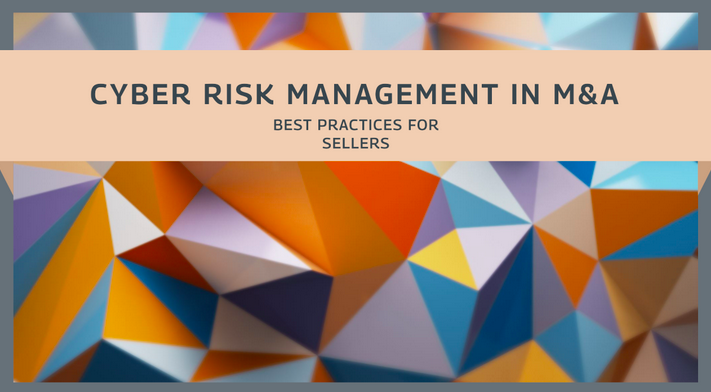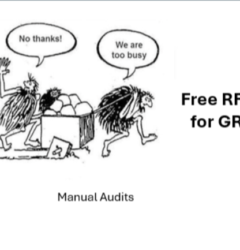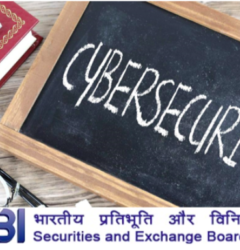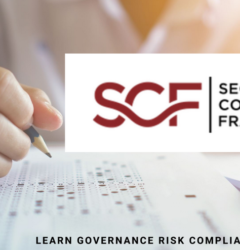

In our previous blog, we explained in detail from a buyer’s perspective. This professional guide equips sellers with the knowledge and best practices to confidently navigate M&A negotiations while demonstrating a commitment to robust cybersecurity practices.
Mergers and acquisitions (M&A) represent a strategic opportunity for businesses to achieve market leadership, expand capabilities, and unlock significant growth potential. However, for sellers navigating this complex landscape, a proactive approach to risk management, particularly in cybersecurity, is essential for a successful transaction.
1. Cultivate Transparency and Proactive Disclosure:
Building trust with potential buyers is paramount. Sellers can establish a foundation of trust by fostering a culture of transparency regarding their cybersecurity posture. This includes:
-
Maintaining a Comprehensive Cybersecurity Program: Develop and implement a robust program encompassing security controls, data protection measures, and a well-defined incident response plan.
-
Regular Penetration Testing and Vulnerability Assessments: Conduct regular penetration testing and vulnerability assessments to identify and address weaknesses in your security infrastructure.
-
Proactive Disclosure of Security Risks: Be upfront and transparent with potential buyers about any identified cyber risks. This demonstrates a commitment to security and fosters trust during negotiations.
2. Prepare for Meticulous Due Diligence:
Buyers will undoubtedly conduct thorough cyber risk assessments as part of due diligence. Prepare for this by:
-
Organizing Relevant Documentation: Compile and organize all documentation related to your cybersecurity program, including policies, procedures, and risk assessments. This facilitates a streamlined due diligence process.
-
Practicing Open Communication: Be prepared to answer questions from potential buyers and their security teams regarding your security posture. Open communication fosters trust and demonstrates a commitment to transparency.
-
Addressing Identified Vulnerabilities: Proactively address any vulnerabilities identified during internal assessments or by potential buyers. This demonstrates a proactive approach to security and may enhance the deal’s overall valuation.
3. Leverage Cybersecurity as a Strategic Differentiator:
A robust cybersecurity program can be a significant competitive advantage in the M&A landscape. Sellers can leverage their strong security posture as a selling point by:
-
Highlighting Security Investments: Showcase investments made in security tools, technologies, and personnel. This demonstrates a commitment to protecting valuable data and assets.
-
Demonstrating Regulatory Compliance: Highlight your compliance with relevant data privacy regulations, such as GDPR or CCPA. This reduces concerns for potential buyers regarding potential regulatory fines.
-
Positioning Security as a Value Driver: Frame your cybersecurity program as a value driver that minimizes risk and protects sensitive information, ultimately enhancing the value proposition for potential buyers.
4. Partner with Reputable Cybersecurity Experts:
M&A transactions are complex, and cybersecurity considerations are no exception. Partnering with experienced cybersecurity professionals can provide invaluable support:
-
Conduct Mock Cyber Risk Assessments: Simulate the due diligence process by conducting mock cyber risk assessments. This helps identify areas for improvement and prepares you for buyer scrutiny.
-
Develop Negotiation Strategies: Develop negotiation strategies that address potential security concerns raised by buyers and ensure your strong cybersecurity posture is reflected in the deal’s valuation.
-
Provide Ongoing Security Guidance: Seek ongoing guidance from cybersecurity experts to ensure your security program remains robust and adaptable in the ever-evolving threat landscape.
Conclusion:
Effective cyber risk management during M&A is no longer just a recommendation; it’s a strategic imperative for sellers. By prioritizing transparency, preparing for due diligence, leveraging security as a selling point, and partnering with experts, sellers can navigate M&A with confidence and demonstrate a commitment to protecting valuable data assets. Remember, a transaction built on a foundation of strong cybersecurity fosters trust with buyers, minimizes risk, and paves the way for a smooth integration and a thriving future for all involved parties.









Recent Comments